USJ Hosts Symposium Celebrating 100 Years of the “Primum Concilium Sinense” – The First Council of Bishops in Shanghai, China (1924)
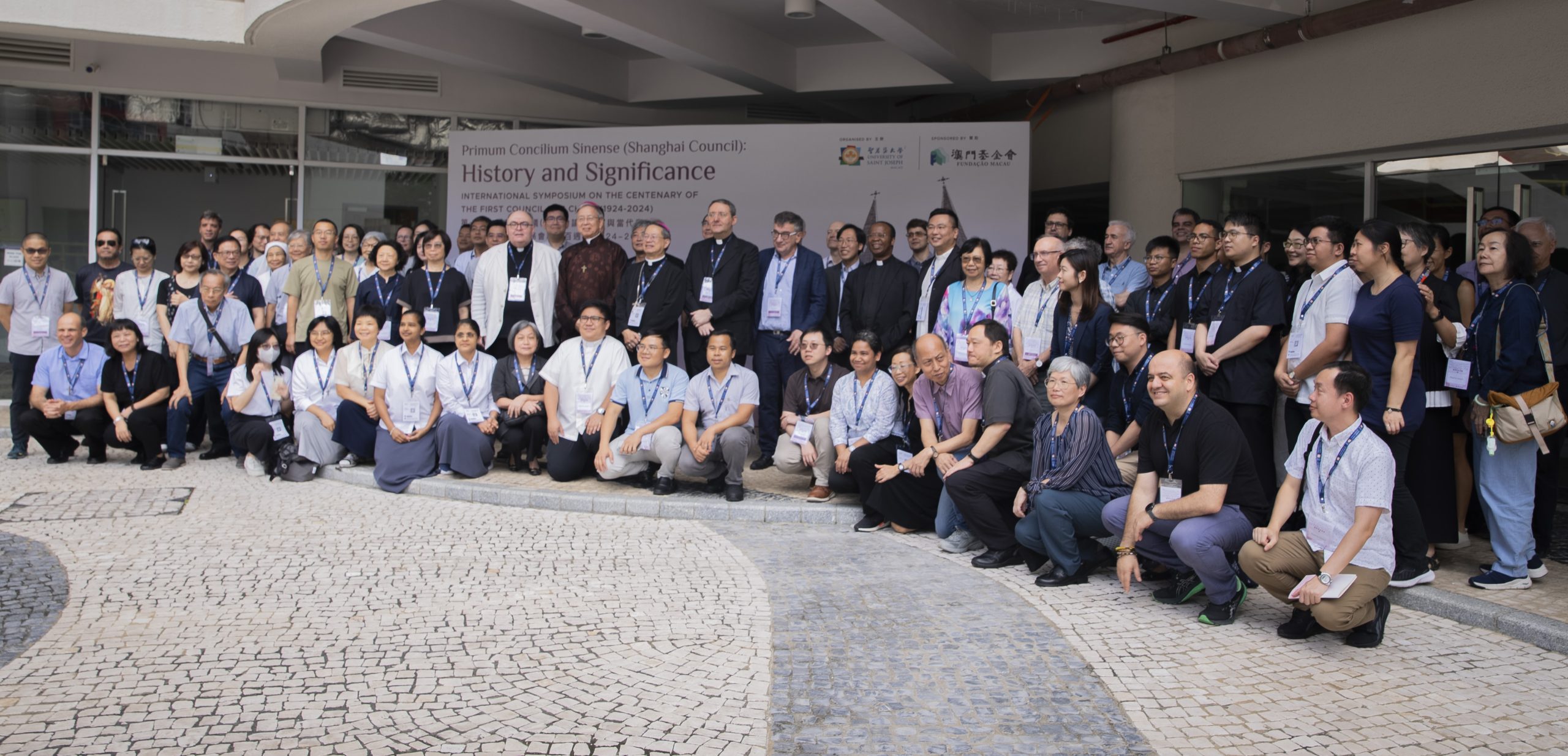
USJ Hosts Symposium Celebrating 100 Years of the "Primum Concilium Sinense" - The First Council of Bishops in Shanghai, China (1924)
03
Jul
03/07/2024
The University of Saint Joseph (USJ) Macao gathered renowned scholars from Macao, Mainland China, Hong Kong, Taiwan, and the United States, to collectively explore and honor the history and legacy of the First Council of Bishops in Shanghai, China, in 1924.
To mark the centenary anniversary of the First Council for China (Primum Concilium Sinense, also known as Shanghai Council), the Faculty of Religious Studies and Philosophy of the University of Saint Joseph (USJ) Macao organised an International Symposium held from the 26th to 29th of June, at the USJ Ilha Verde Campus. This event brought together 17 renowned scholars from Macau, mainland China, Hong Kong, Taiwan, and the United States, to examine the history and significance of this pivotal moment in the history of Chinese Catholicism.
The symposium featured a diverse array of presentations and discussions covering topics such as the Council’s role in adapting Catholicism to Chinese culture, its influence on Catholic media, Bible translation, missionary work, and the development of sacred music in China. Highlights include a public lecture on the first day entitled Imago Mundi: Transnational Filmmaking and American Jesuit Missions in Early Cold War China, by Dr. Joseph W. Ho, on the filmmaking of American Jesuit missionaries in China during the early Cold War era, as well as a premiere screening of the rare 1949 documentary film Ageless China, by Fr. Bernard Hubbard, SJ, and Fr. William Klement, SJ, in the Fátima Auditorium on the following evening. The film took the audience through postwar China in 1947–1948, including rare scenes from Beijing, Nanjing, Shanghai, and Yangzhou and Chinese Catholic communities related to these cities.





The symposium was inaugurated by Prof. Stephen Morgan, the Rector of USJ, on the 27th June. Messages from Cardinal Luis Antonio Tagle, Pro-Prefect for the Section of Evangelization of Dicastery for Evangelization, and Cardinal John Tong Hon, Bishop Emeritus of Hong Kong, were played to the participants of the symposium. Both cardinals noted the unique place of the Shanghai Council in the history of Christianity in China, and highlighted its inspirations for the evagelisation in China today. Following the messages from two cardinals, Most Rev. Stephen Lee Bun Sang, the Bishop of Macao, gave an opening speech in which he also reviewed the significance of the council to the Catholic Church in China.
After the opening speeches, Savio Hon Tai Fai, Anthony Lam Sui Ki, Gianni Criveller, Wang Mei Xiu, Bibiana Wong Yee Ying, and Li Peng Yun discussed the history of the Shanghai Council, its vision of adapting Catholicism to Chinese culture, and its implications for the development of contemporary Catholicism.
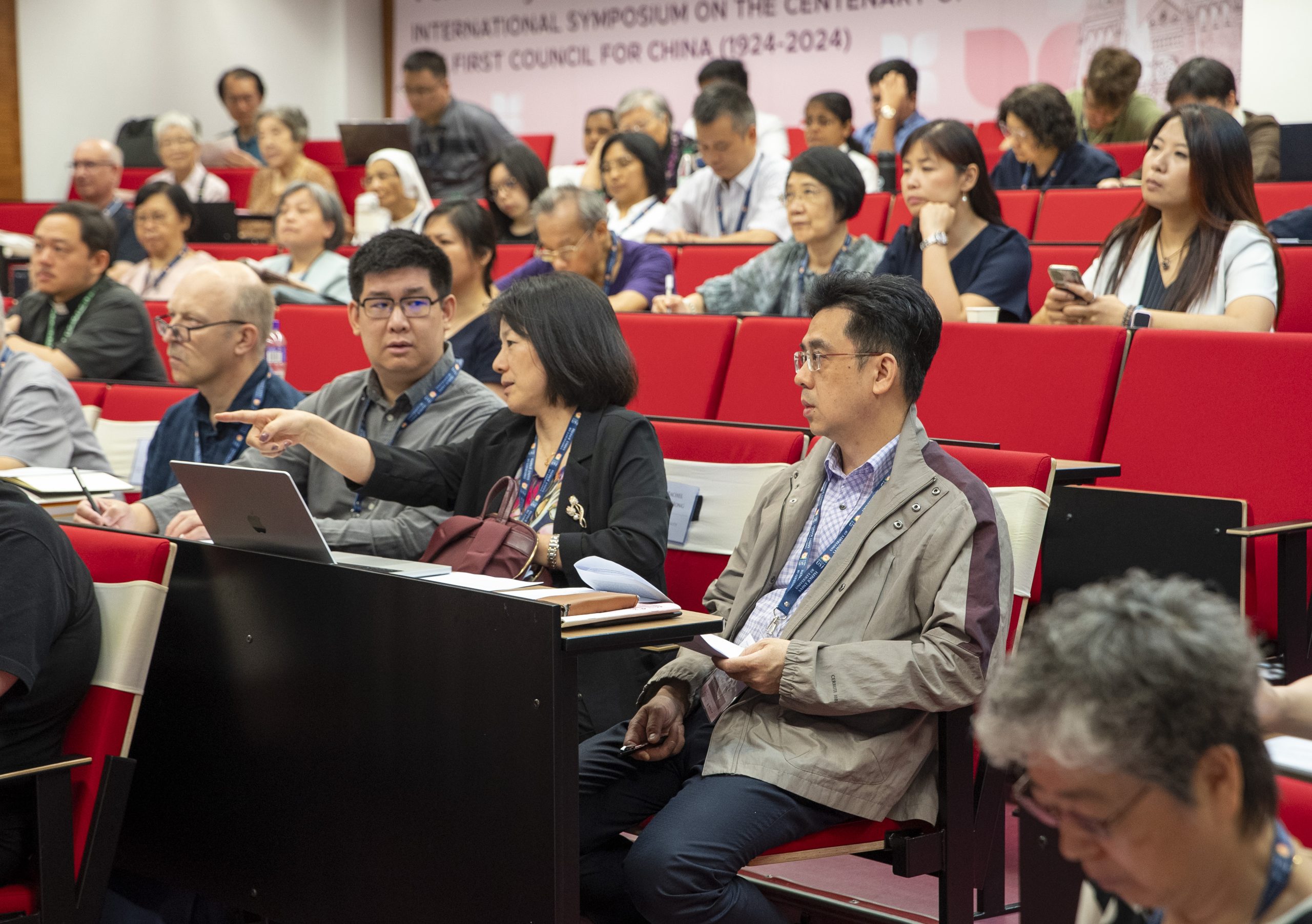
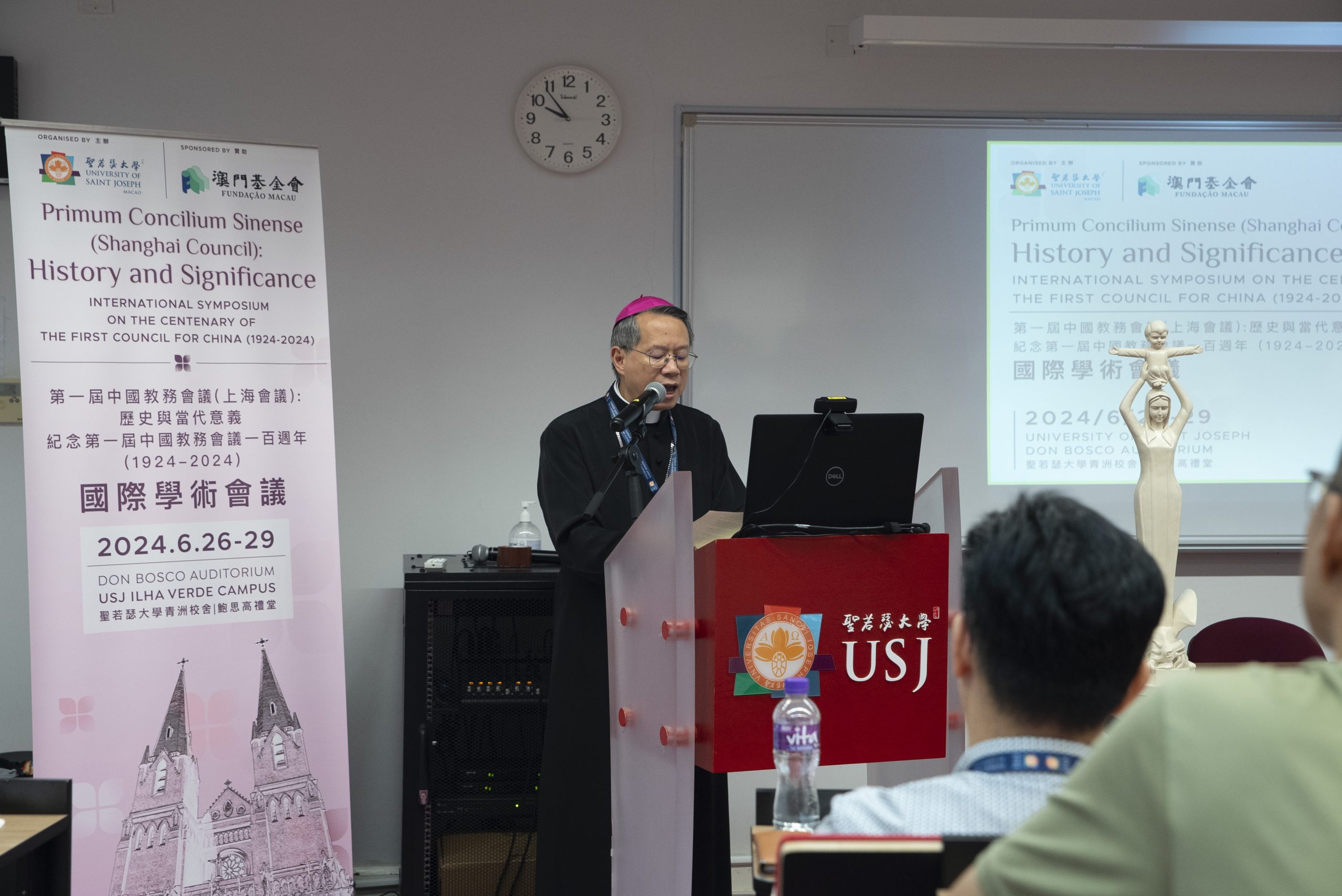
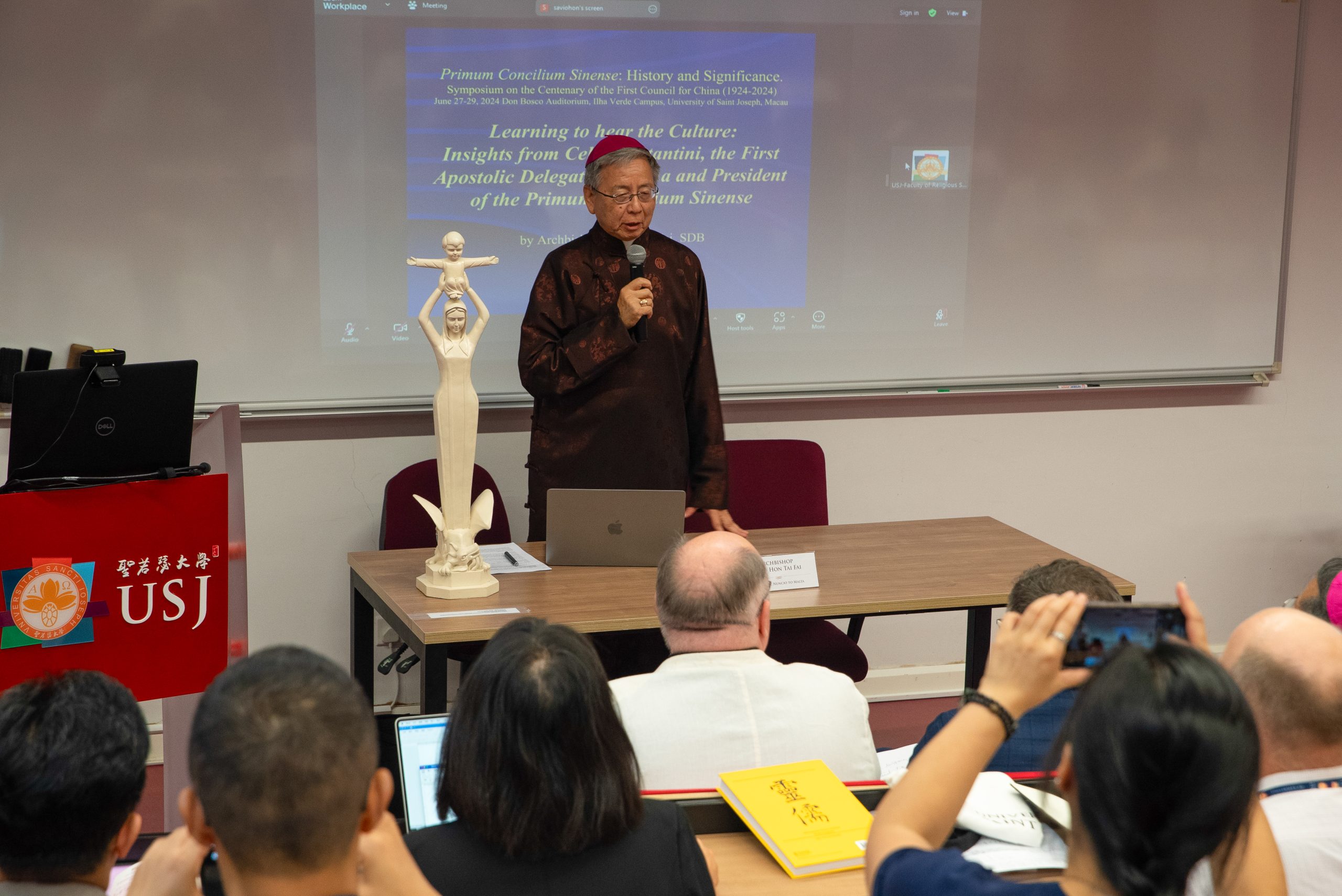


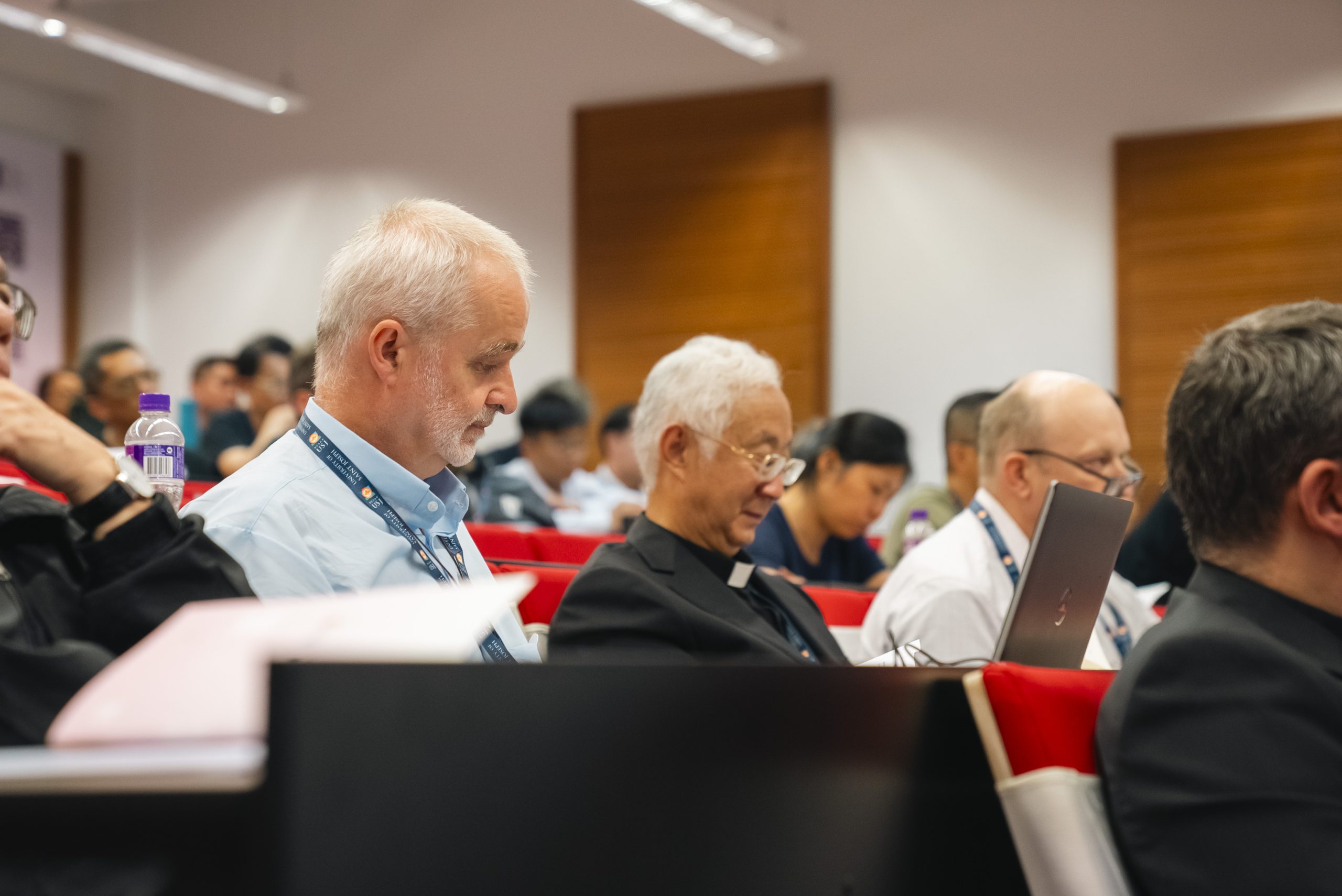

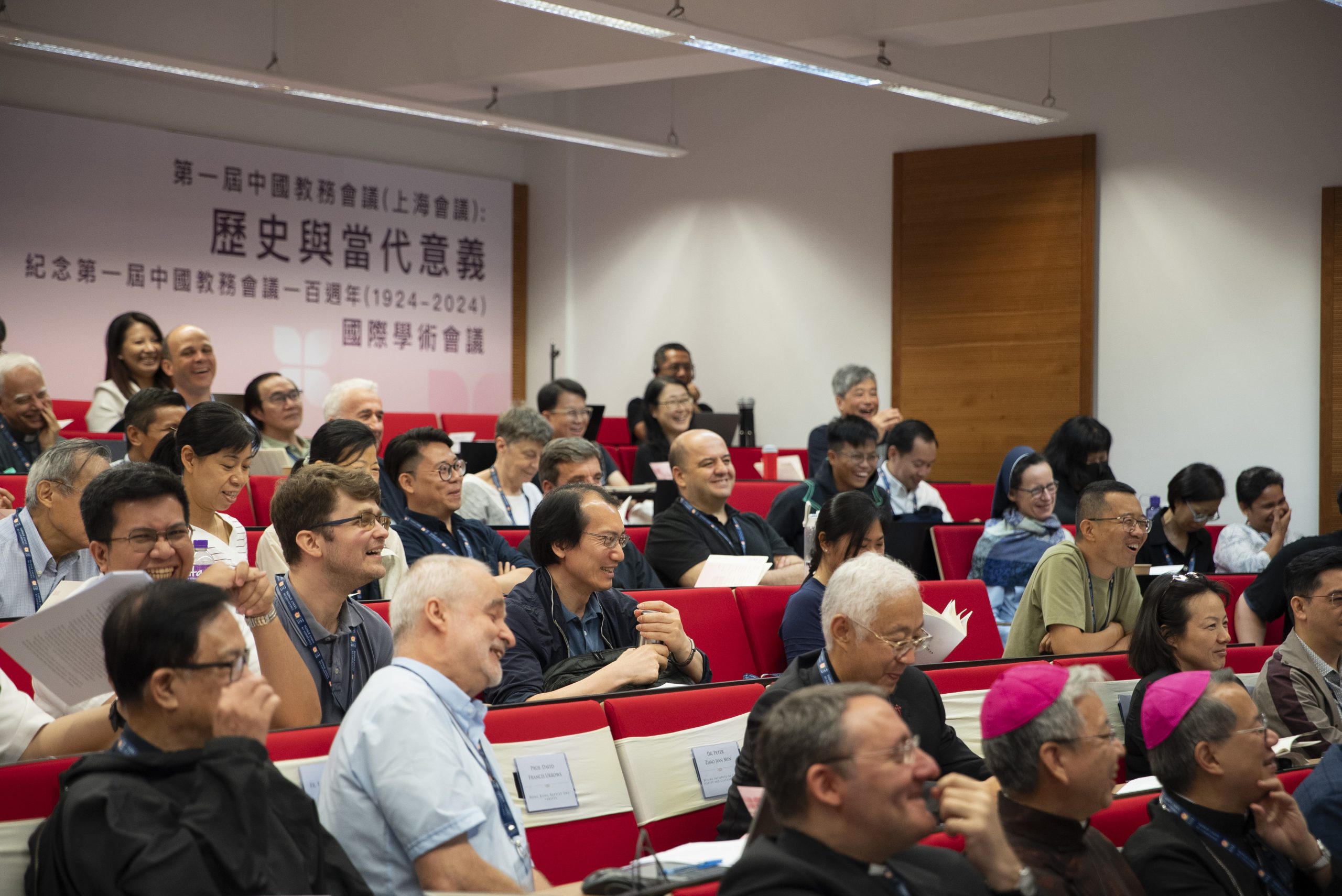
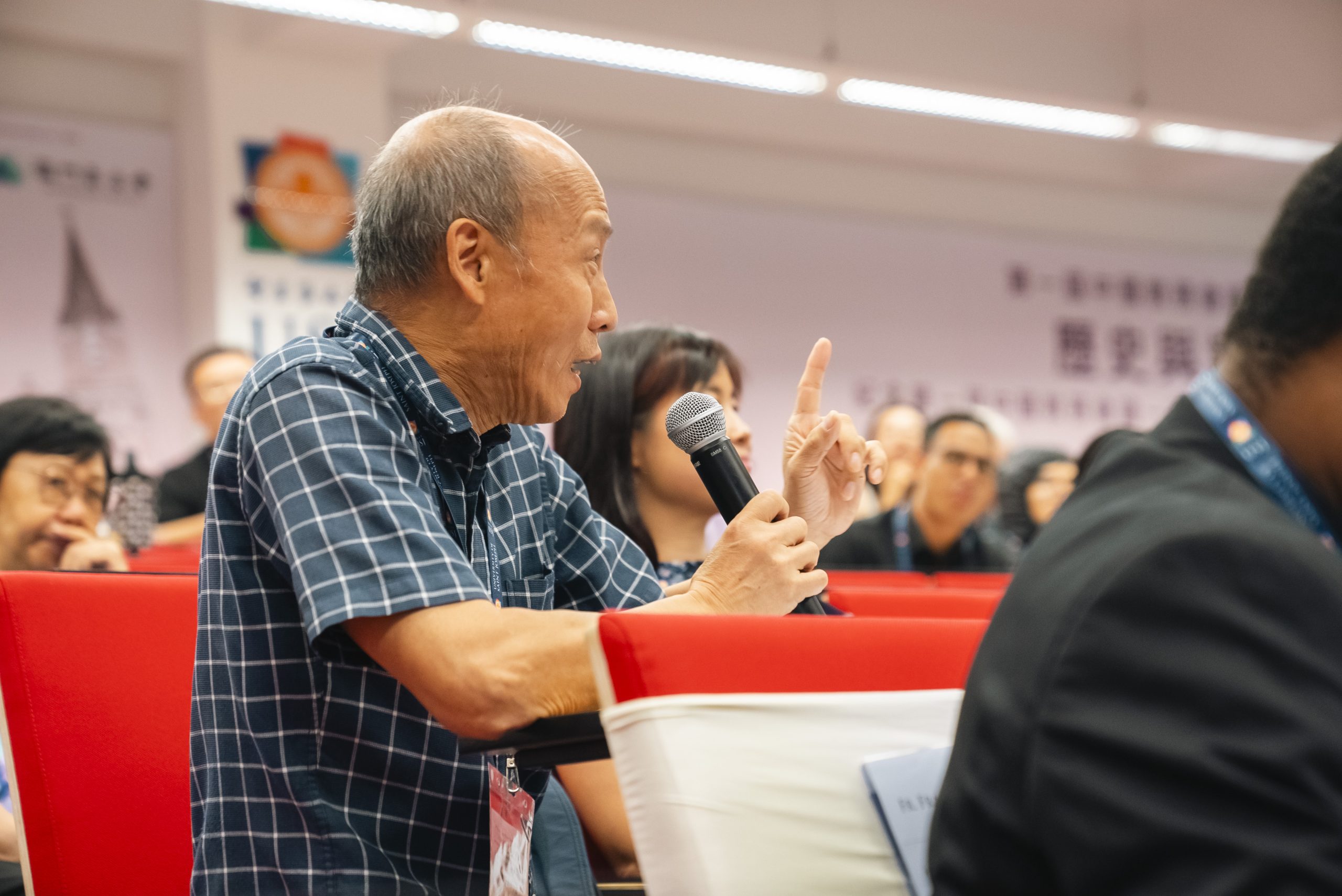
On the 28th of June, the papers of Cindy Chu Yik Yi, Rachel Zhu Xiao Hong, Leopold Leeb, Franz Gassner, Andrew Leong, Pan Zhi Yuan, Claire Chan Mo Chun, Benedict Keith Ip Ka Kei investigated the influence of the Shanghai Council in different fields, e.g Catholic media, bible translation and missionary work. The programme for this day was concluded by the Choral Vespers, which was performed by Vox Antiqua at Fátima Church.

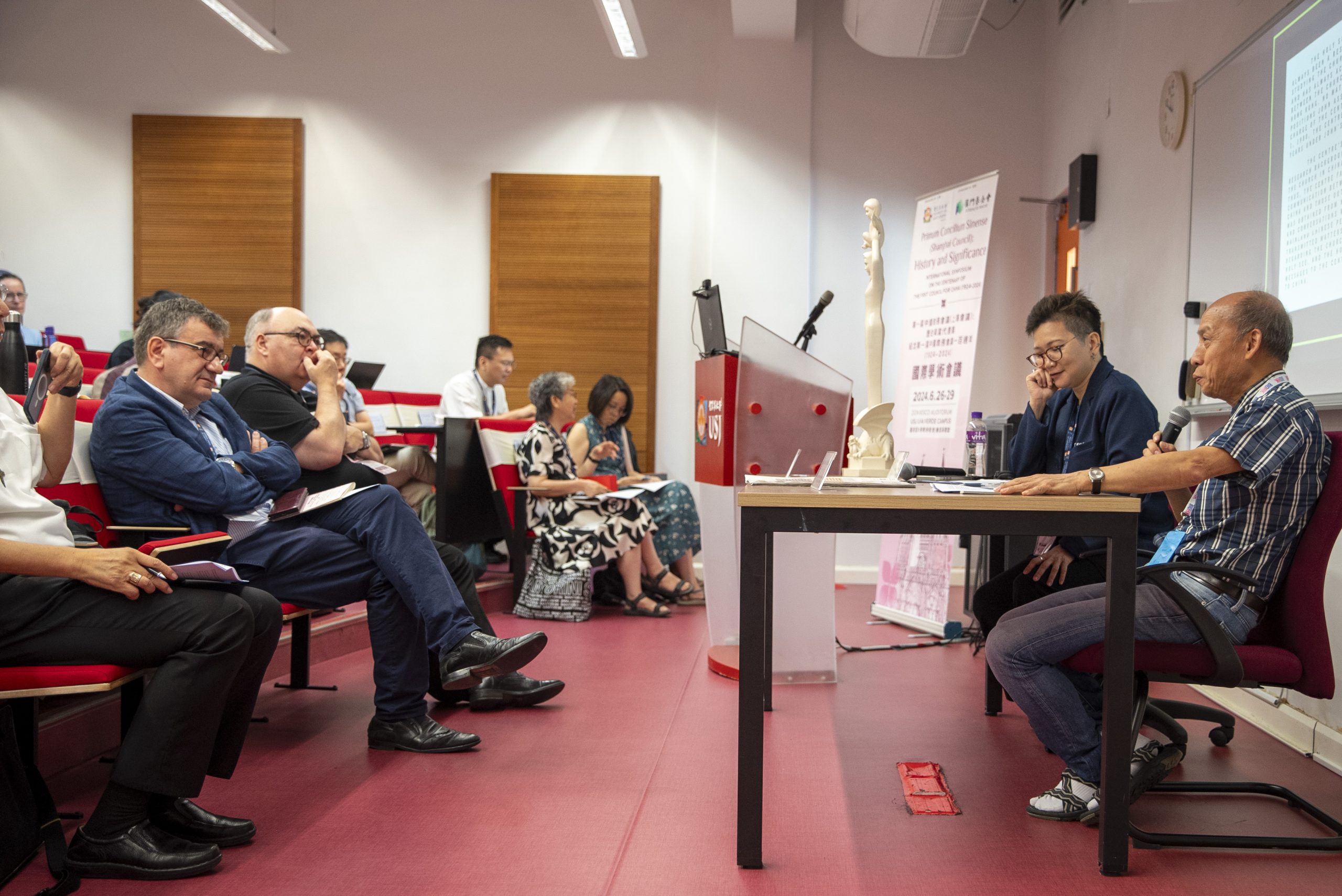

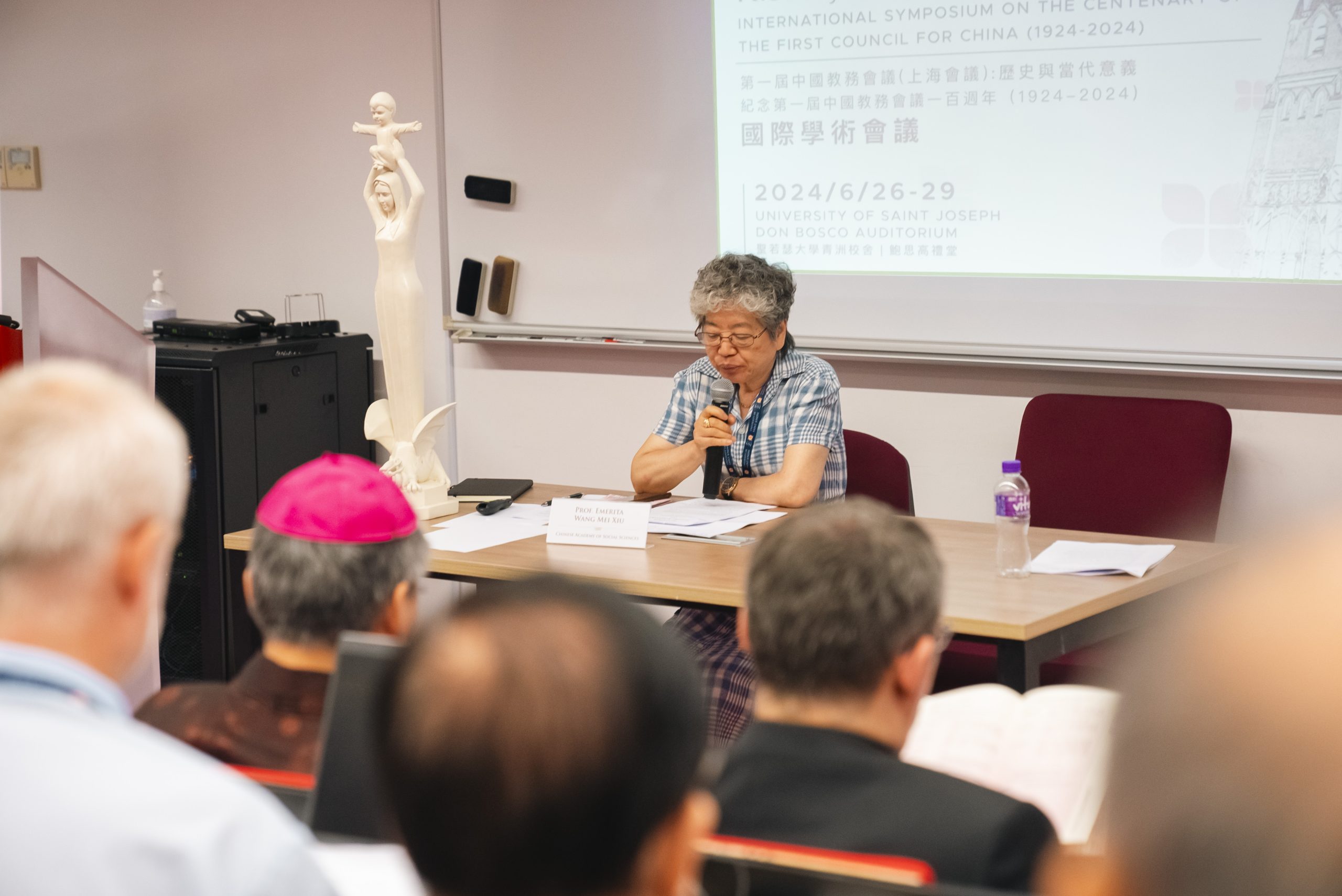
On the 29th of June, the papers of David Francis Urrows and Lionel Hong Li Xing centred on the Shanghai Council and Chinese sacred music, which reviewed the development of Catholic sacred music in China from the late nineteenth century to the first half of the twentieth century. Finally, Jean-Paul Wiest reviewed how the Shanghai Council led to the consecration of six Chinese bishops in 1926.
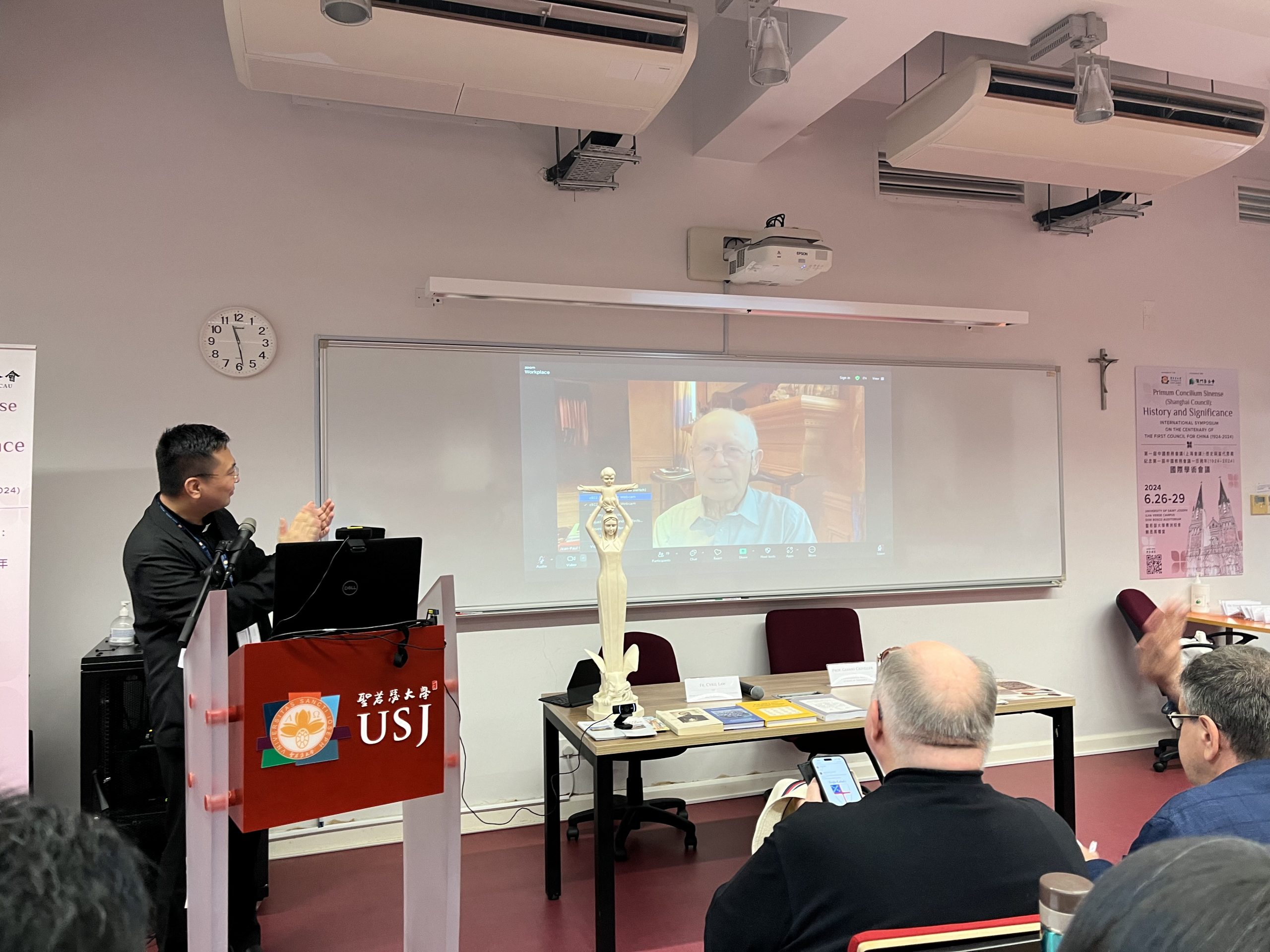
The four-day programme concluded with a special concert featuring a Mass composition by Fr. Gullherme Schmid, performed by the Coro Perosi choir in the chapel of Saint Joseph’s Seminary.
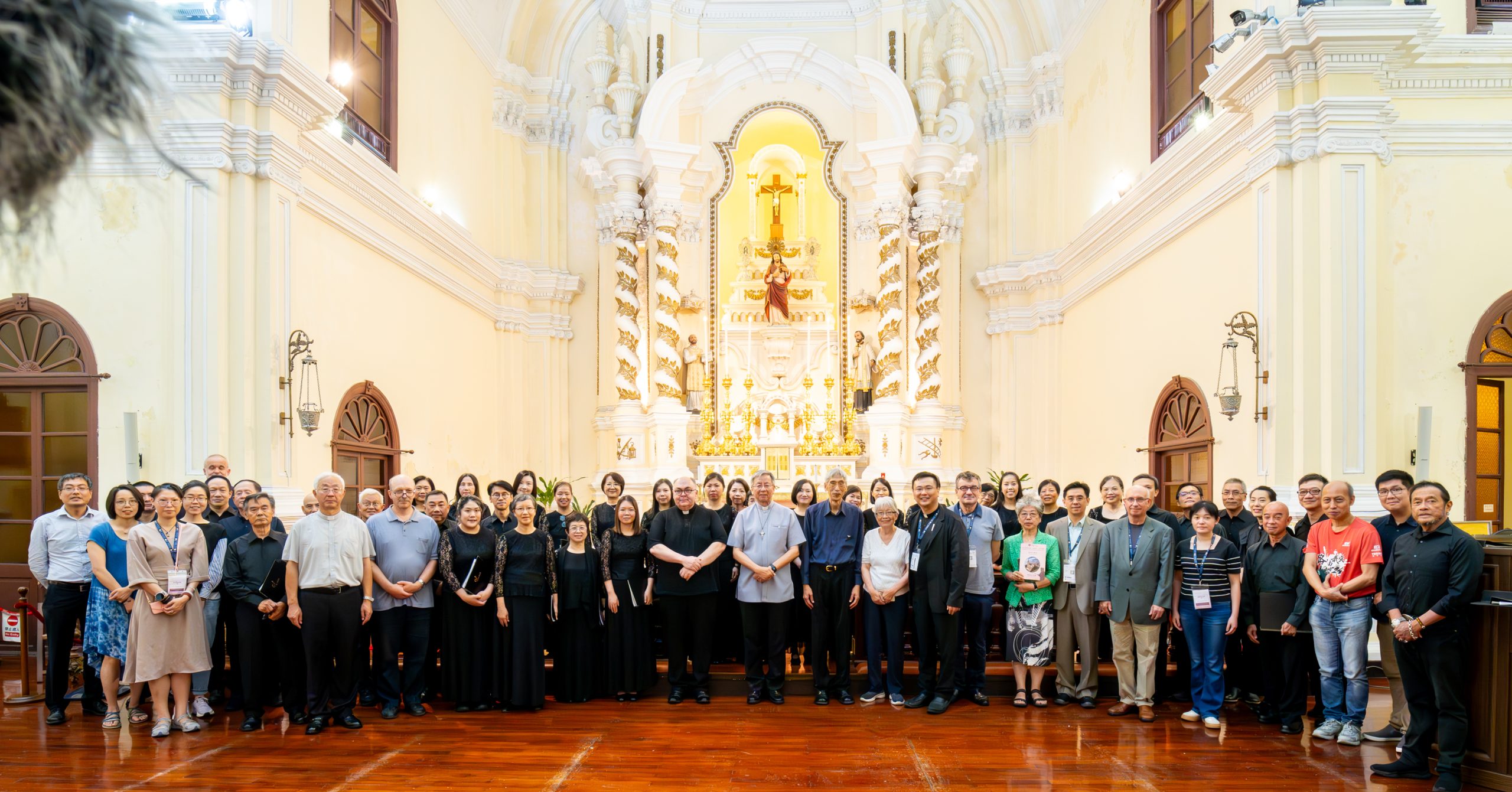
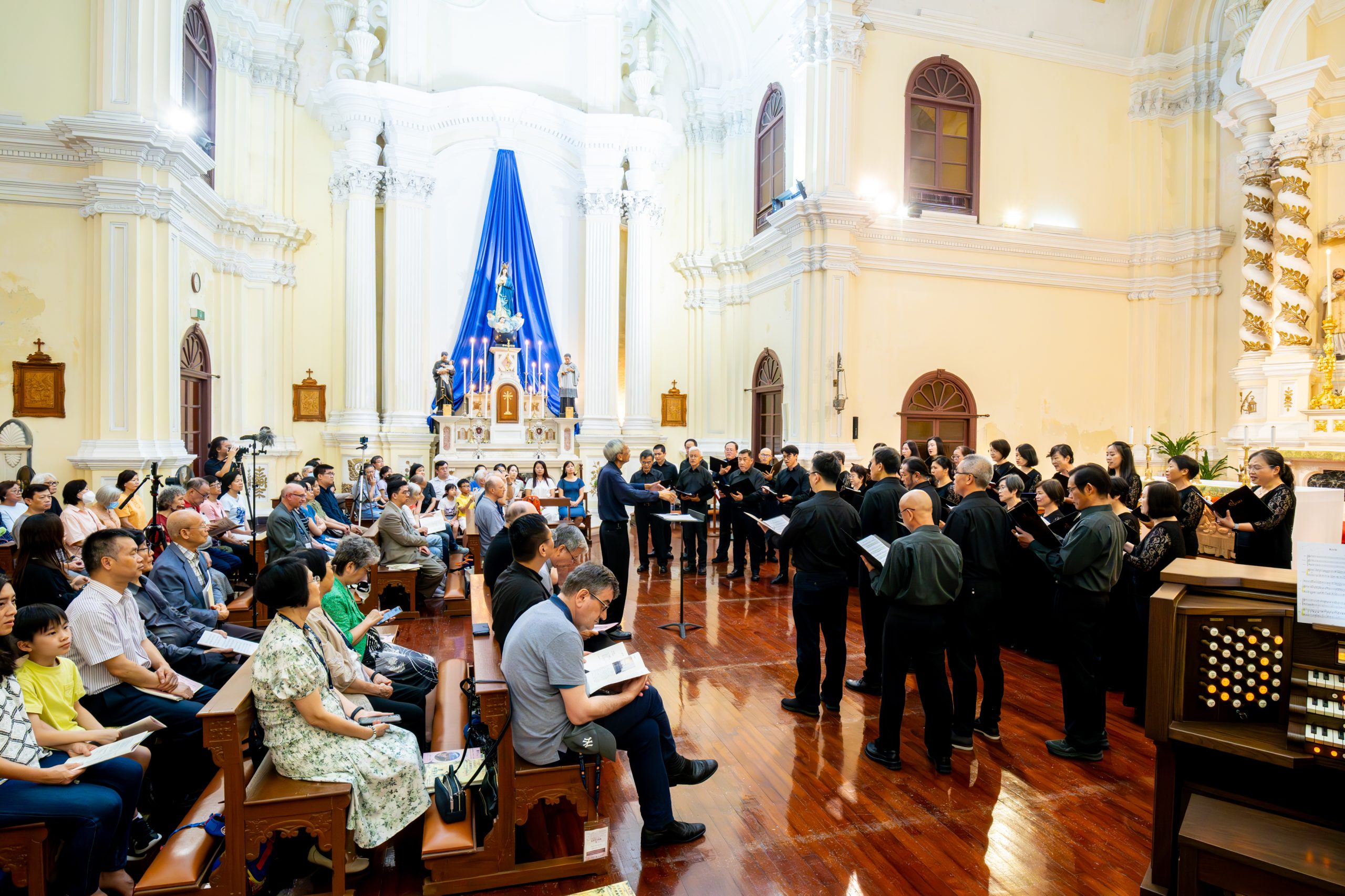
The symposium was subsidised by the Macao Foundation and attracted over 80 in-person participants, with an additional 40 joining online from across Greater China.









